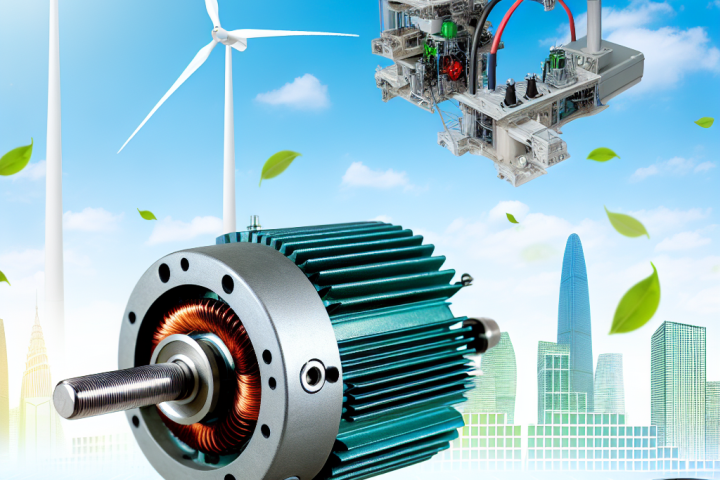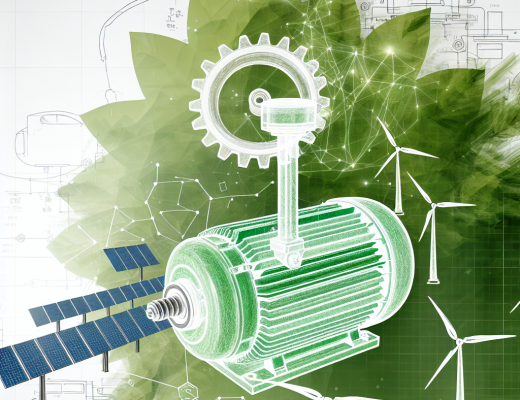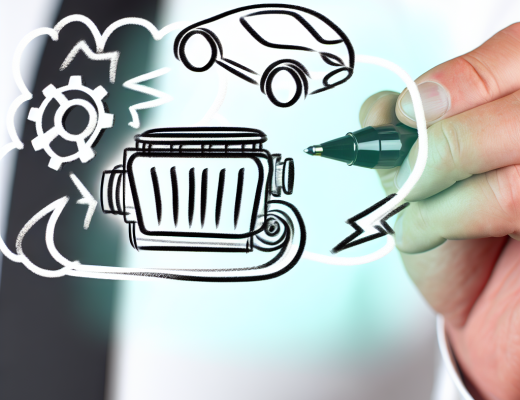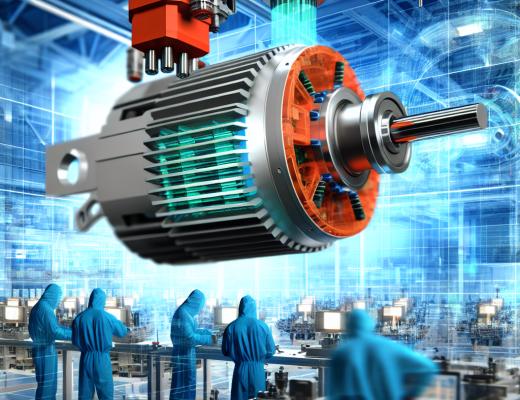Electric motors are pivotal in the modern era of technology, offering efficient power solutions across various applications from industrial machinery to household appliances. This versatility alongside their energy-efficient nature makes electric motors an indispensable part of the drive towards more eco-friendly and sustainable technologies. They utilize electrical energy to create mechanical motion, thereby reducing the carbon footprint associated with traditional combustion engines. For a deeper understanding of how these motors function and their benefits, you can watch the following video.
Environmental Impact and Industrial Application
In the industrial sector, electric motors play a critical role in enhancing operational efficiency and cutting down energy expenditure. Not only do they power a vast array of machinery, but the fact that they can be integrated into robotic systems and automated processes allows industries to achieve more with less—less energy, less cost, and, importantly, less environmental impact. The reduction of greenhouse gases and energy consumption makes electric motors a driving force behind lessening our ecological footprint.
Furthermore, ongoing advancements in motor technology spearheaded by companies like VYBO Electric continue to refine the cost-effectiveness and performance of these machines. With each innovation, electric motors are becoming more robust, capable, and energy-efficient, contributing vital benefits across numerous sectors. These improvements enhance the reliability and lifespan of motors, supporting sustainable industry practices and promoting a cleaner future.
The evolution of electric motors not only supports industrial progress and environmental stewardship but also champions the transition to renewable energy sources. As we move towards more sustainable forms of energy, electric motors will undoubtedly play a significant role in transforming how and where we use that energy—ensuring a cleaner, greener future for generations to come.




